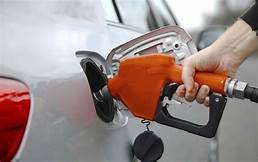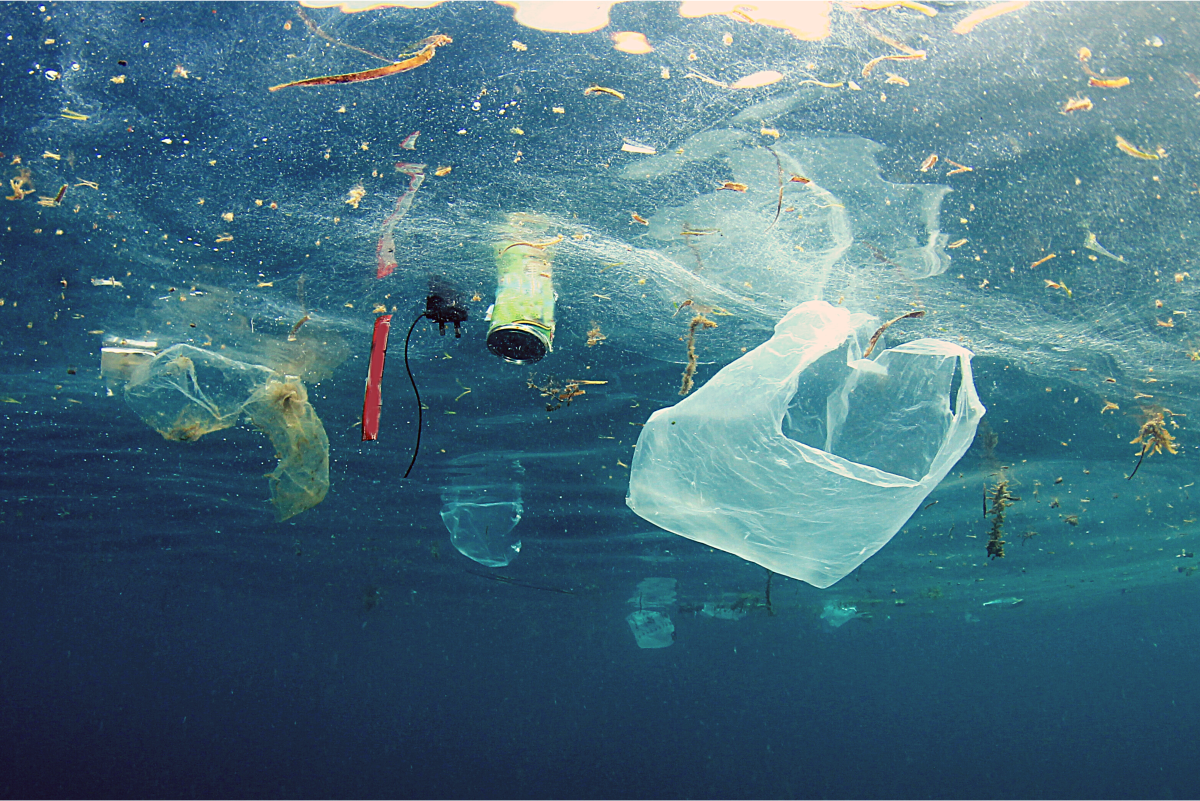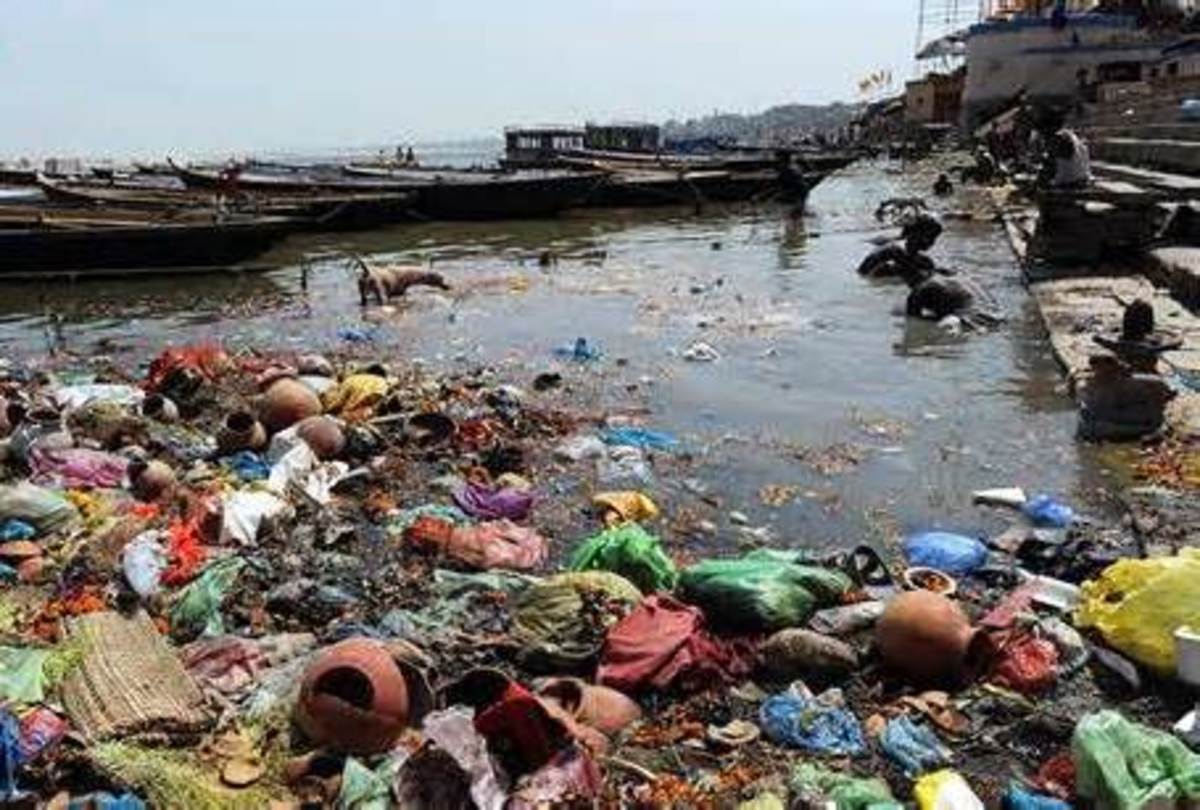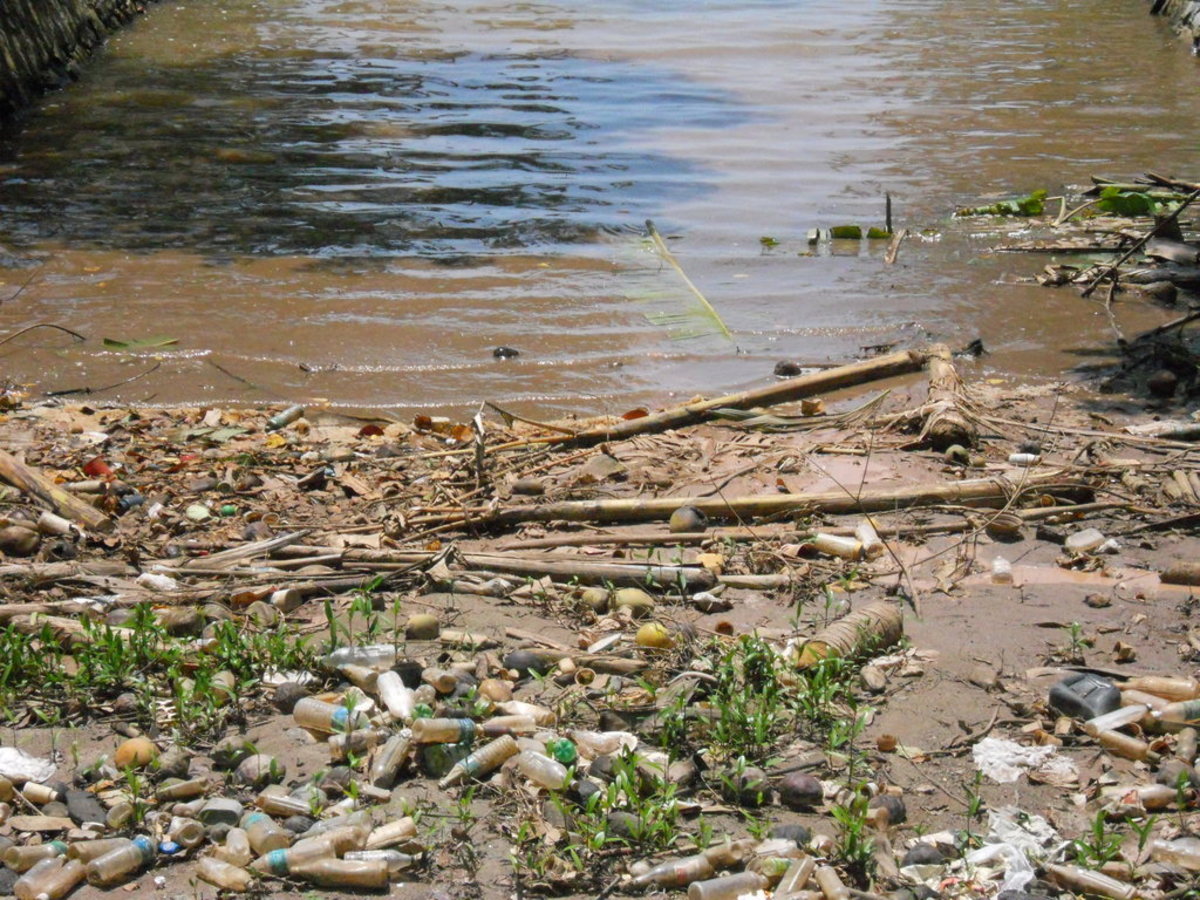States Suing Trump over the Fuel Rollback

A Legal Battle as Well as Political
Alright, our ridiculous president finds a way to cause an upset basically every morning. We have incredible issues of energy and fuel prices facing our nation and world today, and it appears that the Trump administration is willing to place the well-being of our earth on hold.
While statements were made that pushing off the deadlines or goals to the changes needed in American automobiles, it appears that there will be more of a cost in the fuel used in the cars that are allowed to remain on the street. While they will continue to burn more fuel than we have available.
Just the other day PBS reported: “Over President Obama's tenure, rules were put in place that would have nearly doubled the average fuel economy standard in the U.S., which the Trump administration has argued goes too far. Now a new EPA proposal would set standards to far lower to protect manufacturers and consumers from costs. Judy Woodruff reports that Thursday's announcement sets up a looming legal battle with some states.”1
Basically, it is being stated that public comment is being received in order to determine what will be the best for the nation… before any final decisions are made.
The Original Standards Put into Place by Obama
Basically, our previous president took steps in 2012 to start setting standards for the future in order to help reduce fuel usage and greenhouse gas emissions incredibly in our nation. With the warnings that have been accepted regarding global warming, the Obama administration had worked toward setting standards of 30 mg by 2020 and 36 mpg of all new automobiles manufactured as of 2025. “During the Obama administration, the federal government worked with California and the auto industry to craft a uniform set of national fuel-economy standards. The White House’s latest proposal threatens to blow up that delicate compromise.”2
“The proposal would freeze U.S. mileage standards at levels mandated by the Obama administration for 2020, when the new vehicle fleet will be required to hit an average of 30 miles per gallon in real-world driving.”3 The Obama administration had planned to keep toughening fuel requirements through 2026, saying those and other regulations on vehicles would save 40,000 lives annually through cleaner air. That argument remained on the EPA's website Thursday.3
Many states, including California and others, have already started to work toward these improvements. Based upon reports, “easing the Obama-era standards would increase U.S. fuel consumption by roughly half a million barrels of oil per day, an increase of 2 to 3 percent, and would lead to an increase in greenhouse-gas emissions.” It has also been stated that, “‘By 2030, the pollution equivalent of this rollback will be like firing up 30 coal power plants,’ Paul Cort, a lawyer with the group Earthjustice, said in a statement. ‘It’s a boon for big oil that ordinary Americans will pay for with their health and their wallets.’”2
Trump administration estimates state the fuel efficiency standards would raise the price of vehicles an average of $2,340. Placing many buyers out of the new-vehicle market, older, less-safe and higher-pollution vehicles would fill the streets. Automakers are having trouble accepting the idea of immediate alteration of these fuel economy standard changes. Having to meet different requirements in different states would likely increase the costs for auto manufacturers, with the potential to increase the price of new automobiles even further.
What is Being Rolled Back
The current administration states that EPA calculations are incorrect, and that negative effects to the environment would be minimal. Apparently safety is also part of the rollback proposal as well, saying that drivers being able to keep their older cars that they already know would help keep safer driving habits in place. Other statements in the proposed freeze include continued auto and oil industry, though it has been stated that “it could cost tens of thousands of jobs — auto workers who deal with making vehicles more fuel efficient.”3
So, the overall change will be remaining damages to the environment that are already coming from air pollution, largely from fuel emissions. “‘This has to be absolutely one of the most harmful and dumbest actions that the EPA has taken,’ said Healey of Massachusetts, one of the attorneys general from 19 states and the District of Columbia objecting to the change. ‘It's going to cost drivers here and across the country hundreds of millions of dollars more at the pump.’”3
During his time in office President Trump has hinted at this rollback, stating it to be "common sense changes" if the mileage requirements threatened auto industry jobs. - Though called rough approximations according to administration officials. In addition, it is the very own administration that backs the president having recently reported “that relaxing mileage standards would cost 60,000 auto jobs by 2030. Those losses would hit the estimated 200,000 U.S. jobs that deal with making vehicles more fuel efficient, said Simon Mui of the Natural Resources Defense Council.”3
With the removal of these standard upgrades, the fact that the highest percentage of automobiles are SUVs and trucks rolling off the assembly line makes a huge difference. Back in 2012, when the standards were initially presented, we at least still had 50% of new autos produced as cars. With so many of the less-efficient autos on the road today, no steps toward improvement likely means steps even further back.
States Planning to Sue the Trump Administration
Given the overwhelming smog that covers the Los Angeles skyline, among other issues, California has been allowed to set its own guidelines for quite a few years now in an effort to improve air quality. While this possibly presents a legal battle that could be drawn out for years between states and the White House, and even within government, “California Gov. Jerry Brown said his state ‘will fight this stupidity in every conceivable way possible.’”3
California not the only state facing anxiety over the possible rollback of the previously expected changes. With the administration set to revoke the Clean Air Act dating back a half-century, California and 16 other states are set to file suit against these rollback attempts. There are talks of problems that can arise with the need for automobile manufacturers having to set their standards to meet the needs of different states based upon the changes that will be pulled back. Many have already started to plan for the updates that were intended to be put into place by 2025, with slow-building improvements, and if certain states take independent steps to retain those guidelines then the automotive and fuel industries in our country could become extremely vulnerable in the coming years.








